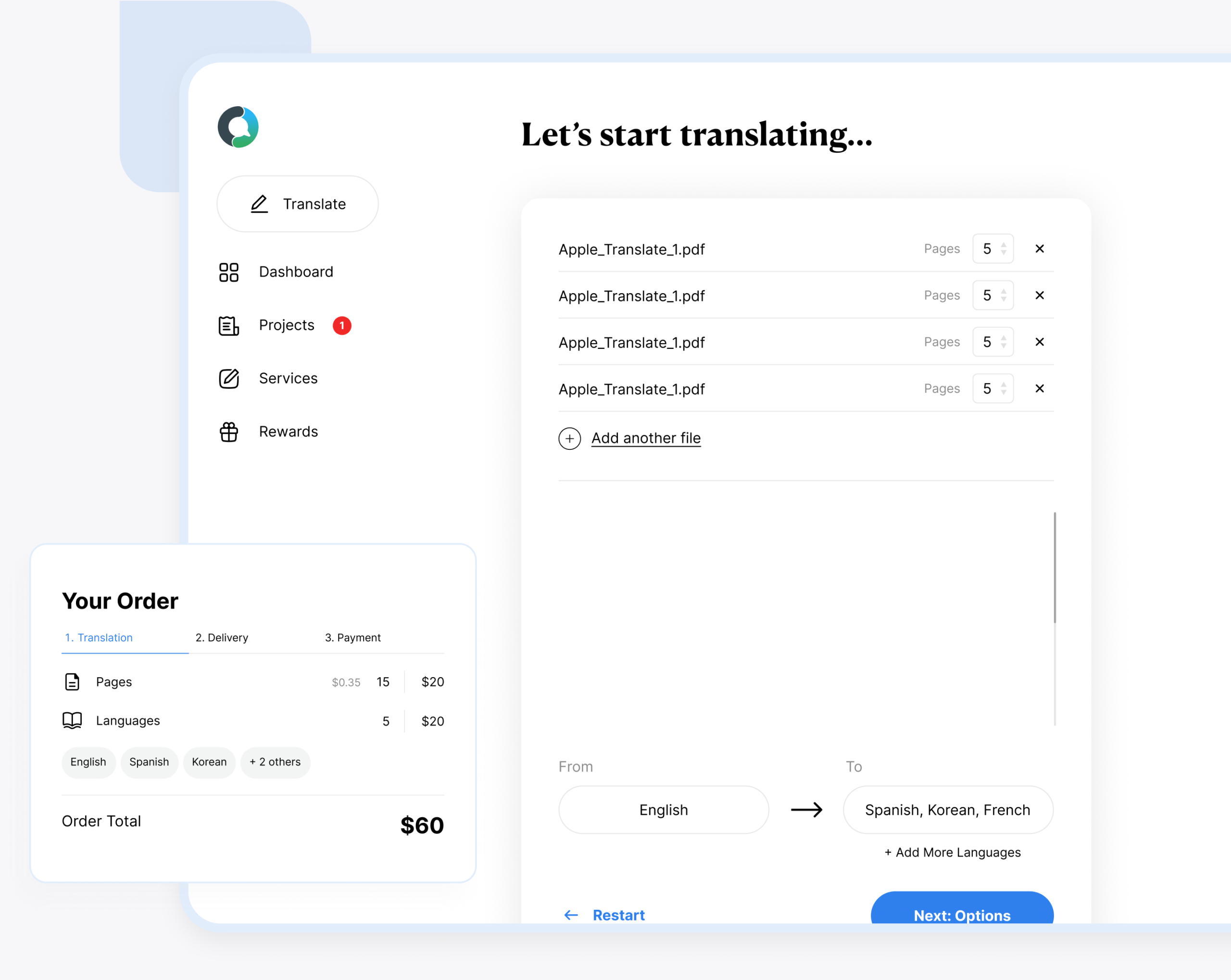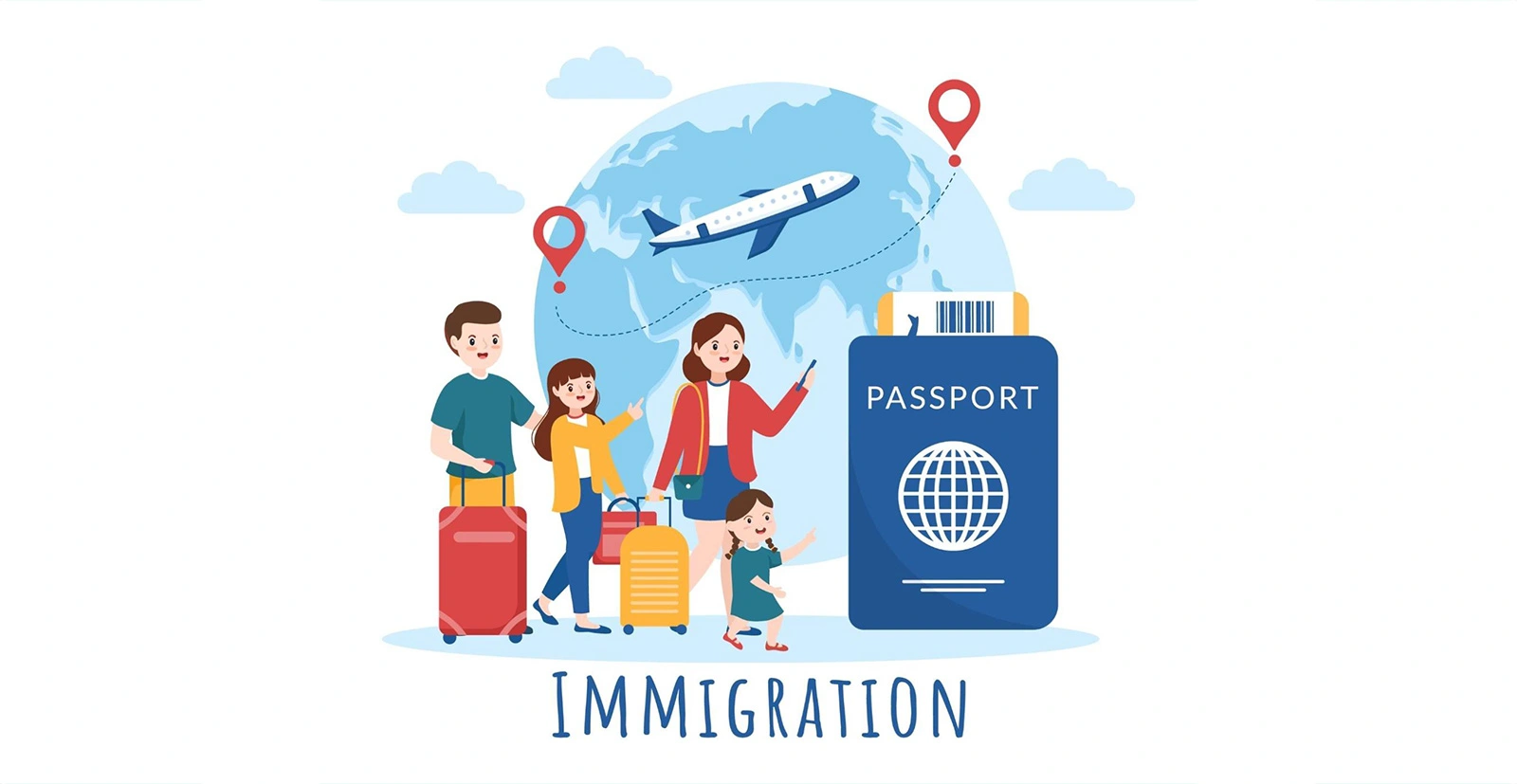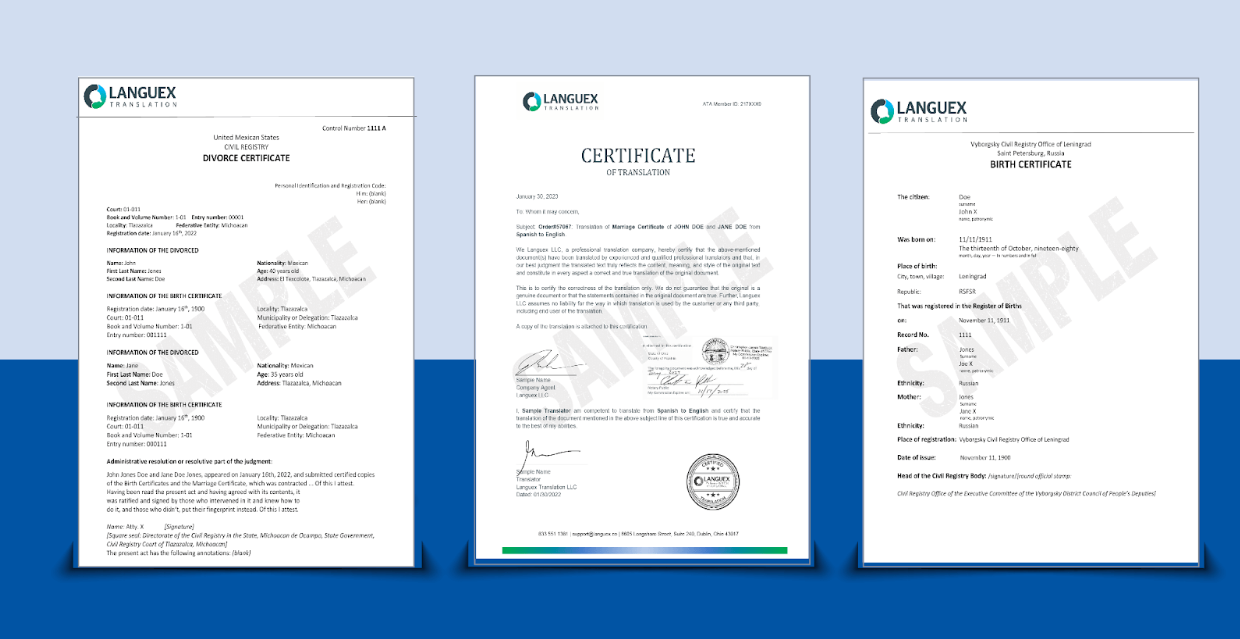Creole is a dynamic language that has emerged from the blending of various languages, often due to historical events like colonization or migrations. Given its diverse origins, there are numerous Creole languages spoken around the world, each with its own unique characteristics. A wide array of content necessitates Creole translation, encompassing marketing and business materials, legal contracts and documents, academic works and textbooks, news, media and entertainment, software, apps, and user interfaces.
While Creole languages don’t have a “classical” form like Arabic, they often have formal and informal variations, with the formal versions being used in official documents and media, and the informal versions in daily conversations and local media.
However, delivering high-quality Creole translation demands a comprehensive understanding of the language’s nuances:
Regional Variations – Given the diverse origins of Creole languages, there are significant regional variations. For instance, Haitian Creole differs from the Creole spoken in the Seychelles. Translators must be adept at adapting content to resonate with specific Creole variations and their speakers.
Cultural Context – Creole languages are deeply rooted in the cultures and histories of their respective regions. Effective translation necessitates a thorough understanding of cultural references, idioms, and local expressions to preserve meaning and resonance.
Unique Grammar Structures – Creole grammar can be distinct from both its parent languages and English. Expert translators comprehend these unique structures, ensuring accurate representation of ideas.
Word Meanings – The significance of Creole words and phrases can vary greatly depending on the context and region. Translators must analyze the full context to ensure that the translation is accurate and culturally relevant.







